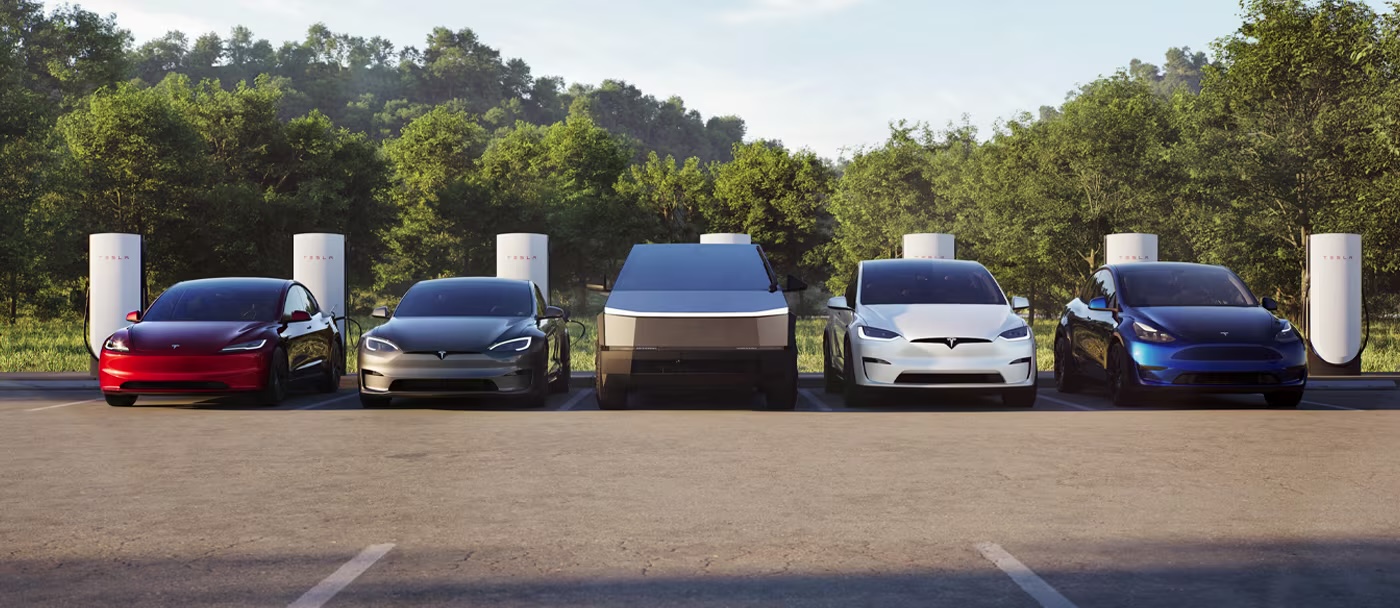
Tesla, TSMC to Boost Dojo Supercomputer Chip Output: Report
Tesla is reportedly ramping up its collaboration with Taiwan Semiconductor Manufacturing Company (TSMC) to accelerate the development of its Dojo supercomputer, reports the Economic Daily.
The D1 chips, integral to the Dojo supercomputer, are manufactured using TSMC’s 7-nanometer process technology. According to industry sources, the volume of chips Tesla plans to produce at TSMC is expected to double next year, reaching approximately 10,000 units.
Tesla’s Dojo supercomputer, initially launched in 2021, is designed to train AI models for autonomous driving. The company’s latest updates indicate that Dojo is part of a broader AI and robotics strategy, which includes large-scale development and deployment of autonomous systems in vehicles and other domains. Tesla’s D1 chips are custom-designed, featuring 120 training units and consisting of 3,000 chips.
The increased collaboration between Tesla and TSMC is expected to boost TSMC’s high-performance computing (HPC) orders. While TSMC did not comment on the market rumors, the two companies have a long-standing relationship. Tesla executives have previously shared successful case studies of their collaboration with TSMC at North American technology forums.
Tesla’s expansion plans for its Dojo supercomputer are expected to contribute significantly to TSMC’s production volume. Currently, Tesla’s annual chip volume at TSMC is around 5,000 units. If the planned increase to 10,000 units materializes next year, it would represent a 100% growth. Further expansion is expected by 2025.
The collaboration comes at a time when TSMC’s 7-nanometer production capacity has been underutilized due to sluggish demand in the non-Apple smartphone and personal computer markets. The increased demand from Tesla and growth in AI/HPC applications are likely to improve TSMC’s capacity utilization, potentially aiding its financial performance in 2024.
Both companies have yet to confirm the details, but the industry is watching closely as the collaboration could set new standards for chip manufacturing and autonomous driving technology.


